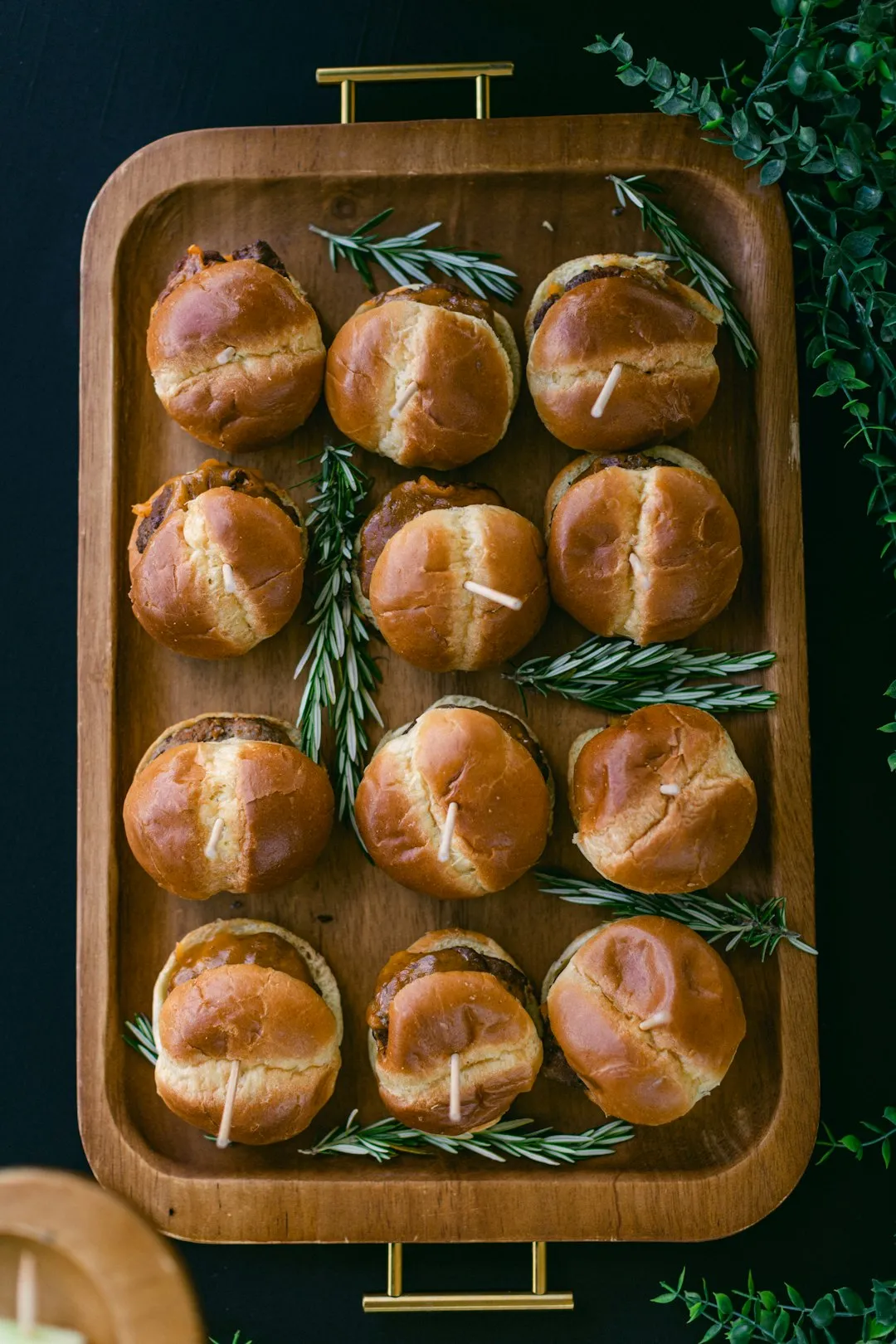The Microwave Mystery: Can It Brew the Perfect Cup of Tea?

A hot cup of tea is often hailed as a panacea for the soul. There's something incredibly soothing about wrapping your hands around a warm mug, inhaling the fragrant steam, and taking that first, gentle sip. It can calm your nerves after a long - day, provide a moment of tranquility in a busy schedule, or simply be a delightful treat on a cold afternoon. But here's a question that has sparked debates among tea enthusiasts and casual drinkers alike: Can you heat water for tea in the microwave?
To get to the bottom of this, we turned to an expert in the field of food science and beverage preparation. Dr. Emily Carter, a renowned professor of food chemistry at a leading university, was kind enough to share her insights on this matter.
First, let's understand the traditional way of making tea. For centuries, people have been using stovetops to heat water. The process is simple: you fill a kettle with water, place it on a burner, and wait for the water to reach a rolling boil. This method allows for a gradual and even heating of the water, ensuring that the temperature is consistent throughout. When it comes to brewing tea, different types of tea require different water temperatures. For example, green tea is best brewed with water that's around 175 - 185°F (79 - 85°C), while black tea thrives with boiling water at 212°F (100°C).
Now, let's look at the microwave. The microwave works by emitting electromagnetic waves that excite water molecules, causing them to vibrate and generate heat. While it can heat water relatively quickly, there are some concerns. One of the main issues is uneven heating. In a microwave, the water can heat up in pockets, with some areas being much hotter than others. This can lead to problems when brewing tea. If the water is too hot in some spots, it can scald the tea leaves, resulting in a bitter and unpleasant taste. On the other hand, if some areas are not hot enough, the tea may not steep properly, and you'll end up with a weak and flavorless cup.
Dr. Carter explains, "When you heat water in a microwave, there's also a risk of superheating. Superheating occurs when the water is heated beyond its boiling point without actually boiling. This can happen if the water is very still and there are no nucleation sites, such as small scratches or impurities in the container. When you then disturb the water, say by adding a tea bag, it can suddenly and violently boil over, causing burns."
However, it's not all bad news. If you're in a hurry and don't have access to a stovetop, the microwave can still be used to heat water for tea, but with some precautions. Dr. Carter recommends using a microwave - safe container with a rough interior or adding a wooden stir stick to the water before microwaving. The rough surface or the stir stick provides nucleation sites, reducing the risk of superheating. Also, it's important to heat the water in short intervals, stirring in between. This helps to distribute the heat more evenly.
Another tip is to use a thermometer to check the water temperature. Once the water is heated, let it sit for a few seconds to allow the temperature to even out before adding the tea bag. This way, you can better control the brewing process and get a more consistent cup of tea.
When it comes to the flavor of tea brewed with microwaved water, it may not be exactly the same as tea brewed with water from a kettle on the stovetop. The traditional method often imparts a more nuanced and well - rounded flavor. But for many people, especially those on the go, the convenience of the microwave outweighs the slight difference in taste.
In conclusion, while it is possible to heat water for tea in the microwave, it requires some extra care and attention. By following the right techniques, you can still enjoy a decent cup of tea even when you're short on time. Whether you're a die - hard tea purist or a busy individual looking for a quick fix, understanding the pros and cons of using a microwave for tea can help you make the best choice for your tea - drinking experience.
So, the next time you're craving a cup of tea and the stovetop is occupied, don't be afraid to reach for the microwave. Just remember to take those extra steps to ensure a safe and delicious cup.